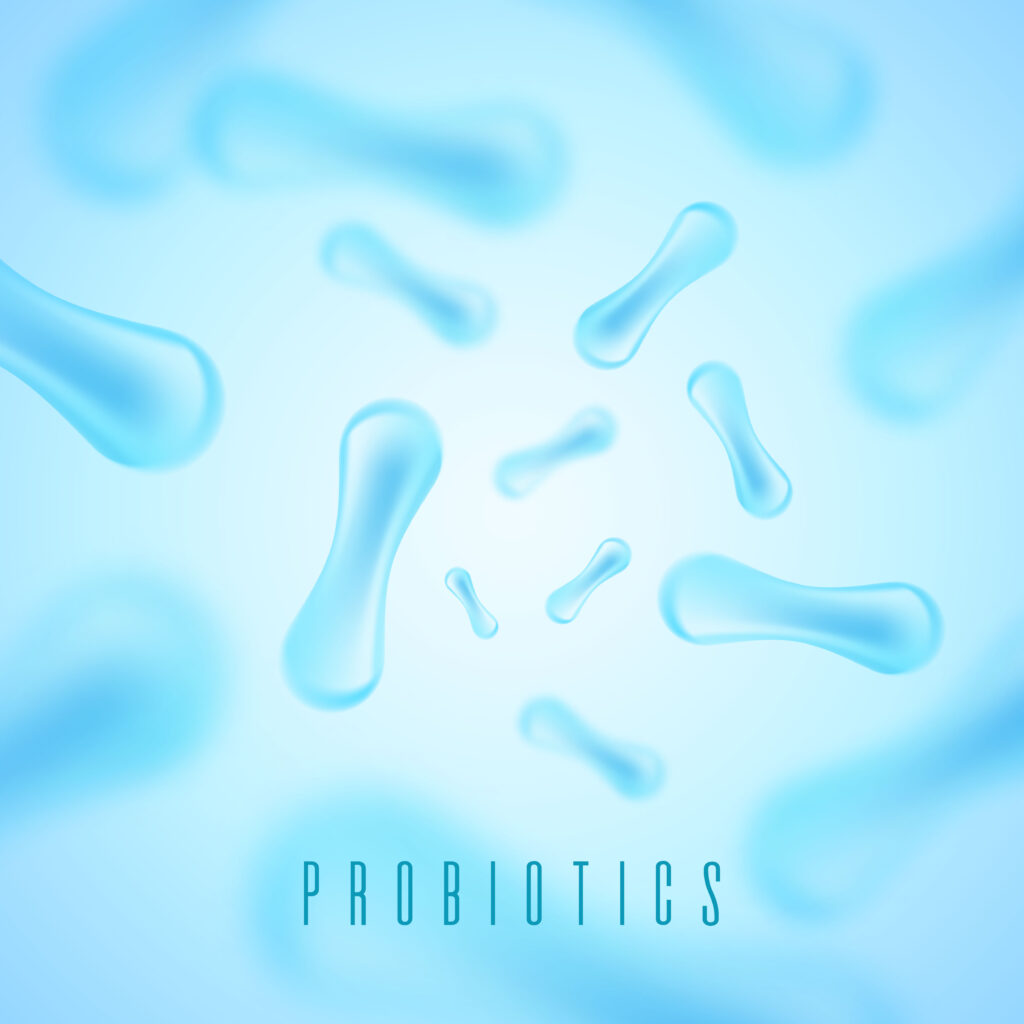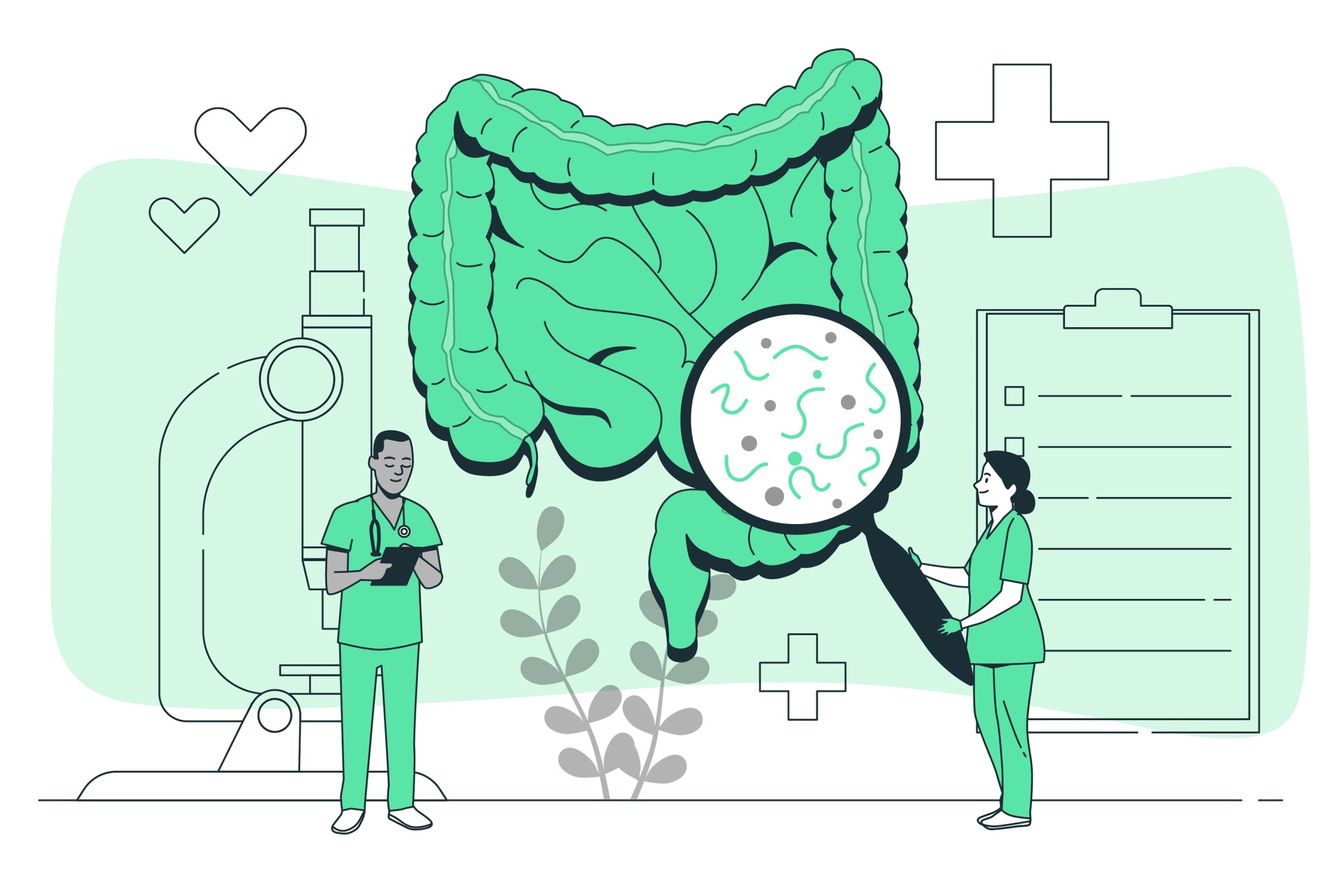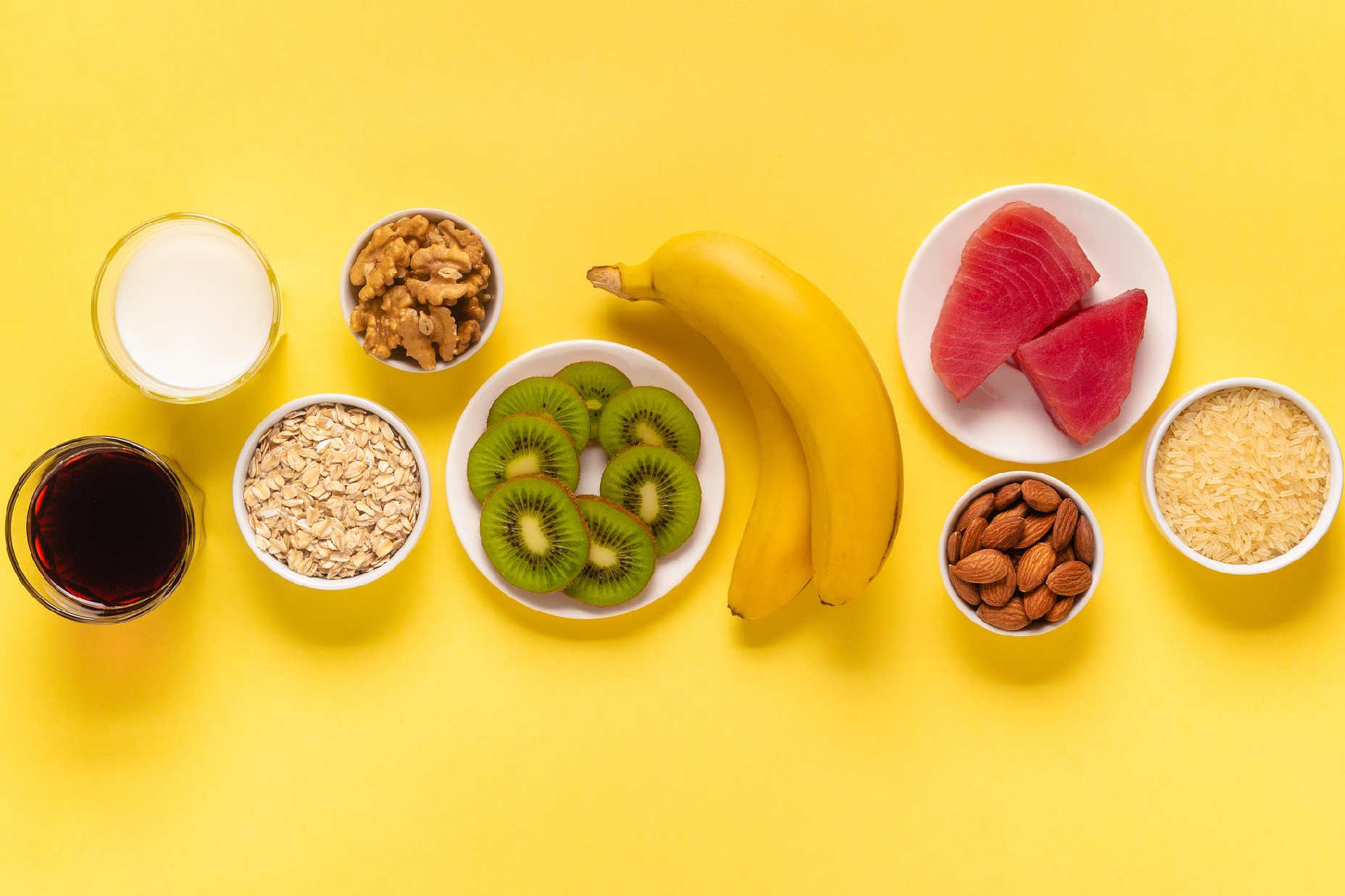With the coming of this fast paced digital age, have you ever wondered if your gut is keeping up with you? Well, if you’ve been ignoring your gut health, this is for you! In the past few years, there has been a surge in the nutraceutical industry, and you might have come across the word ‘probiotics’. So, what exactly are probiotics?
First of all, the concept of probiotics is not just for fitness enthusiasts and people with ailments; it is for everyone. To understand it, you first need to know a little about the micro-organisms living inside your gut. Within your gut, reside hordes of bacteria which are broadly classified into bad and good bacteria. Probiotics are the live microorganisms, typically bacteria or yeasts, which are similar to the beneficial microorganisms found naturally in the human gut. They are considered to be good or friendly bacteria because they can help maintain a healthy balance of microorganisms in the digestive system. The most common types of probiotics include various strains of Lactobacillus and Bifidobacterium bacteria. You may also have heard about certain types of yeast, such as Saccharomyces boulardii. These probiotics are naturally found in food products like curd, yogurt, kefir, kimchi, etc, making them a regular and essential part of your diet. So, as something you unknowingly consume on a daily basis, it is important to understand what exactly these probiotic foods do.
Role of Probiotics in Digestive Health

Probiotics play a crucial and diverse role in maintaining our gut health. From fermenting our food to simpler byproducts to competing with the bad microbes inside our digestive system, their role in indispensable. Let us dive deep into some of the most important roles of probiotics in digestive health.
Role in Restoration of Gut Microbiota Balance – As per studies, probiotics help manipulate intestinal microbial communities and suppress pathogen growth by prompting the host’s production of β-defensin and IgA.
Role in Nutrient Absorption – There is growing evidence that probiotics could be used to improve the absorption of micronutrients, majorly calcium and iron from ingested foods. That aside, they play a role in improving nutritional status by mitigating the effects of diarrhea.
Role in Supporting the Gut Barrier – If taken effectively, probiotics may be able to fortify the intestinal barrier by maintaining tight junctions and boosting mucin production thereby influencing the properties of the mucus layer.
Role in Immune System Modulation – Probiotics help in regulating host innate and adaptive immune responses. They do so by balancing the functions of dendritic cells, macrophages, and T and B lymphocytes.
Benefits of Probiotics

As you know, everything in the world has its boons and its banes. However, probiotics almost exclusively offer just benefits without many drawbacks, when taken in moderation. Some of the wide range of benefits they provide are follows:
- Removing side effects of the pathogens or the harmful microbes
- Supplying the body with useful byproducts
- Reducing the job of our digestive system
- Reducing the effect of the first attack of harmful compounds with the help of their biofilm
- Reducing the amount of food needed by our bodies due to enhanced metabolism
- In some cases, they also help in correcting the deficiency in our genetic materials by helping us to borrow the products of their genes
- Controlling serum cholesterol levels, diarrheal disorder, hypertension, lactose intolerance, and more
Aside from all this, probiotics also play a huge role in infection control. According to a study by Pubmed, “In 1994, the World Health Organization deemed Probiotics to be the next-most important immune defense system when commonly prescribed antibiotics are rendered useless by antibiotic resistance.”
Best Practices for Probiotic Consumption
Now that you know the role and benefits of probiotics, it is also necessary to understand the best practices for healthy consumption. Following are certain best practices you must take into consideration:
- First of all, you must understand your needs as every consumer has specific and unique health concerns
- You must always choose the right quality product, preferably by reputed or food authority approved brands
- You must always adhere to the recommended dosage provided on the product label
- You must consider pairing your probiotics intake with right amount of prebiotics as well. Prebiotics (banana, garlic, onion, asparagus, etc) are essentially the food for the beneficial bacteria in your gut
- You must always store the probiotics according to manufacturer’s instructions, usually in a cool, dry place, to maintain potency.
- You must continuously monitor the effects of probiotics on your health and continue accordingly
- Last but not the least, you must always consult a healthcare professional before starting any new prebiotic or probiotic regime
To conclude, it is now high time you must start paying attention to your gut. With a healthy consumption of probiotics and balanced lifestyle choices, you can significantly improve your gut health as well as your overall well-being.
REFERENCES:
National Institute of Health – https://www.ncbi.nlm.nih.gov/pmc/articles/PMC4421088/#:~:text=Probiotics%20are%20useful%20and%20friendly%20microbes.&text=They%20are%20able%20to%20compete,and%20colonize%20our%20digestive%20system.&text=They%20are%20able%20to%20ferment,health%20by%20many%20different%20mechanisms.
Council for Responsible Nutrition – https://www.crnusa.org/regulation-legislation/self-regulation/best-practices-probiotics
FAQ’s
Q. Which food has probiotics?
Some of the most commonly consumed food products which are rich in probiotics are yogurt, curd, Sauerkraut, Misco soup, soft cheese, Kefir, sourdough bread, sour pickles, Tempeh, etc.
Q. Who needs probiotics?
The simple answer would be – everyone needs probiotics. Probiotics are a part of our regular diet and we all knowingly or unknowingly consume it. If we stop consuming probiotics, it would completely disrupt our bodily functions.
Q. Is it OK to take probiotic everyday?
Not only is it safe to take probiotics everyday, but it is recommended that everyone should make probiotics a part of their daily consumption routine. It is really important to understand that probiotics are a natural supplement and not a medicine or artificial drug.
Q. How do Probiotics work?
Once consumed, probiotics journey through your digestive track and attach themselves to your small intestine or large intestine depending on their adaptability to PH levels, and oxygen levels inside your gut. Thereafter, they multiply quickly, pushing out harmful bacteria by fighting for food and living space, making it hard for bad bacteria to survive.
Q. When to take Probiotics?
Although probiotics cab be consumed at any time, it is important that they survive inside your stomach environment. For that, it is advised to consume them in the morning with the breakfast or right after it. Since the acid in our stomach is at the lowest in the morning, it provides the good bacteria, the highest chances of survival.
Q. How to store probiotics?
Most probiotics, whether food products or supplements require to be stored in a dry and cool environment. Some probiotics need to be refrigerated but there are a few probiotics which are shelf stable, and can be safely stored at room temperature. You must read the label and instructions on the packaging well as each probiotic product might have its different set of storage rules.
Q. What is the difference between Prebiotics and Probiotics?
The concept of Probiotics and Prebiotics might seem different and confusing, however it is fairly simple to understand. Probiotics are the products which help maintain help maintain a healthy balance of microorganisms in the digestive system. Whereas, prebiotics are non-digestible food ingredients that serve as the food for the good bacteria in your stomach. So, while probiotics directly insert good bacteria in your gut, prebiotics help those bacteria survive and thrive. Therefore, consumption of both prebiotics and probiotics create a healthy ecosystem inside your gut.




